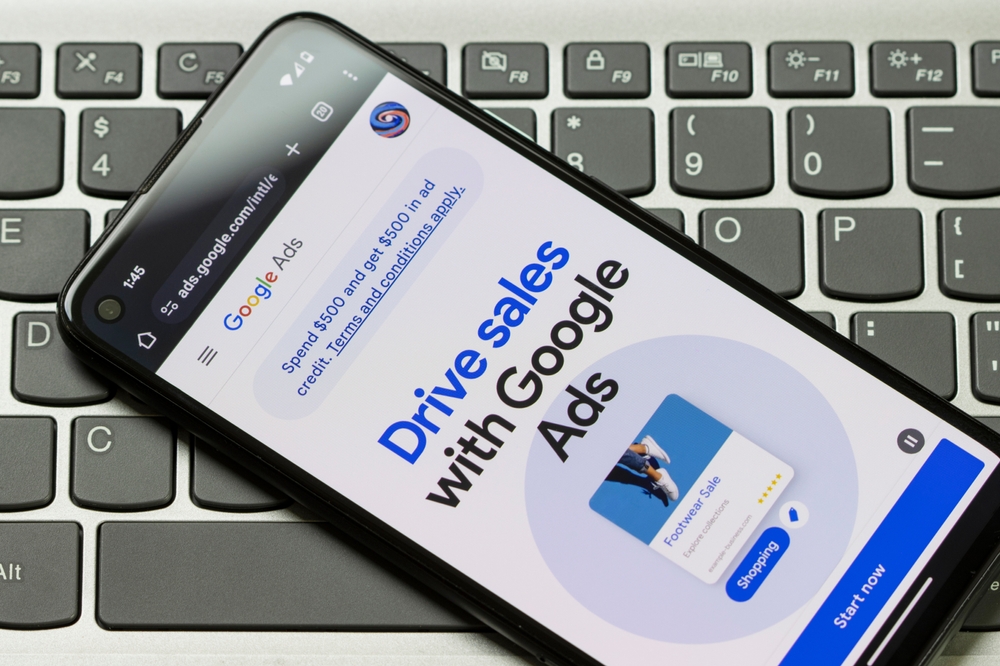How Much Does Google Ads Cost?
Understanding the Google Ads Investment for Your Business
Google Ads is a powerful advertising platform that can drive traffic, generate leads, and increase sales for your business. However, the most common question many businesses ask is: How much does Google Ads cost?
The answer isn’t straightforward, as Google Ads costs are influenced by several variables, such as your industry, competition, geographic targeting, and campaign objectives. To truly understand the financial commitment, it’s essential to dive into both the mathematics of a campaign and the foundational principles that contribute to success.
—
Breaking Down Google Ads Costs
There are two main cost components in any Google Ads campaign:
1. Agency/Consulting Fees – The cost of professional campaign management.
2. Advertising Spend – The budget directly allocated to pay for ad clicks.
—
1. Agency Fees
Many businesses choose to hire agencies or consultants to manage their Google Ads campaigns. This can be a highly valuable investment, as expert management ensures:
– Effective campaign creation: Professionals conduct keyword research, write ad copy, set up campaigns, and identify optimal audience segments.
– Ongoing optimisation: Continuous improvements are made to ad quality, bidding strategies, and targeting to enhance performance.
– Accurate tracking and reporting: Agencies manage conversion tracking to provide clear insights into your return on investment (ROI).
– Staying ahead of trends: Google Ads evolves rapidly, and professional agencies stay up-to-date with new features and best practices.
Typical Costs:
– For small-to-mid-sized accounts: Agency fees generally start at £750 and go upward, depending on the scope.
– For larger accounts: Agencies often charge a percentage of ad spend, typically 10-15% for budgets exceeding £3,000-£10,000 per month.
Takeaway: Investing in agency support not only saves time but also increases the likelihood of success, maximising your overall ROI.
—
2. Advertising Spend
The second cost is your advertising spend, which is paid directly to Google based on the number of clicks your ads receive. This cost is influenced by several variables:
Factors Affecting Cost Per Click (CPC):
1. Competition: Keywords in highly competitive industries (like law or finance) often have higher CPCs.
2. Industry Norms: CPCs vary by sector. For instance, e-commerce may have lower CPCs compared to insurance or legal industries.
3. Targeting Options: Specific demographic, geographic, or behavioural targeting can increase CPCs.
4. Ad Quality: Ads with high relevance and compelling content are rewarded with lower CPCs.
—
How Much Should You Spend?
Your campaign budget depends on your business goals and expected returns. Here’s a formula to help calculate the minimum required budget:
1. Estimate your average CPC: Use Google’s Keyword Planner or industry benchmarks.
2. Determine your website’s conversion rate: For example, if 1% of visitors convert into paying customers.
3. Calculate the cost to achieve a single conversion:
– If your CPC is £1 and your conversion rate is 1%, you’ll need 100 clicks (100 × £1 = £100) to generate one sale.
Pro Tip:
To give your campaigns the best chance of success, it’s recommended to start with a minimum spend of £1,000-£3,000 per month, scaling as profitability increases. This level of investment allows for sufficient data collection, campaign testing, and performance optimization.
—
Deep Dive: The Math Behind Campaign Profitability
To evaluate whether your Google Ads campaign will be profitable, consider these metrics:
1. Cost Per Conversion (CPCONV):
CPCONV = Total Ad Spend / Number of Conversions
Example: If you spend £1,000 and generate 50 conversions, your CPCONV is:
1,000 / 50 = £20
2. Return on Ad Spend (ROAS):
ROAS = Revenue from Campaign / Ad Spend
Example: If your campaign generates £5,000 in revenue from £1,000 in ad spend:
ROAS = 5,000 / 1,000 = 5.0 (or 500%)
A ROAS above 3.0 (300%) is often considered a strong benchmark for profitability.
3. Customer Lifetime Value (CLV): If each customer provides £500 in lifetime value, acquiring them at £50 per conversion is sustainable and profitable.
—
Maximising Your ROI
Here are advanced strategies to improve the efficiency and profitability of your Google Ads campaigns:
1. Precise Conversion Tracking:
– Use tools like Google Analytics 4 (GA4) and Google Tag Manager (GTM) to measure user behaviour and campaign effectiveness accurately.
2. Implement Consent Mode:
– Ensure privacy-compliant data collection to maximise your audience insights without breaching regulations.
3. Utilise Advanced Bidding Strategies:
– Tools like Performance Max allow Google’s AI to optimise your campaign for conversions across multiple channels.
4. Upsell and Cross-Sell:
– Increase your revenue per customer by offering complementary or premium products during checkout.
5. Test and Iterate:
– Allocate an initial test budget to refine your targeting, ad creatives, and keywords before scaling.
—
The Final Answer
So, how much does Google Ads cost? The short answer is: it depends. However, by committing to a minimum monthly budget of £1,000-£3,000, working with skilled professionals, and continuously optimising your campaigns, you can transform your investment into a highly profitable channel for business growth. The key lies in using data, focusing on profitability, and scaling once you’ve proven success.
Need help with your Google Ads strategy?
If you’re not getting the results you expect from your Google Ads strategy or can’t achieve profitable ROAS, speak to our PPC team by calling 0121 231 015 or fill in a form on the website requesting a free consultation.



